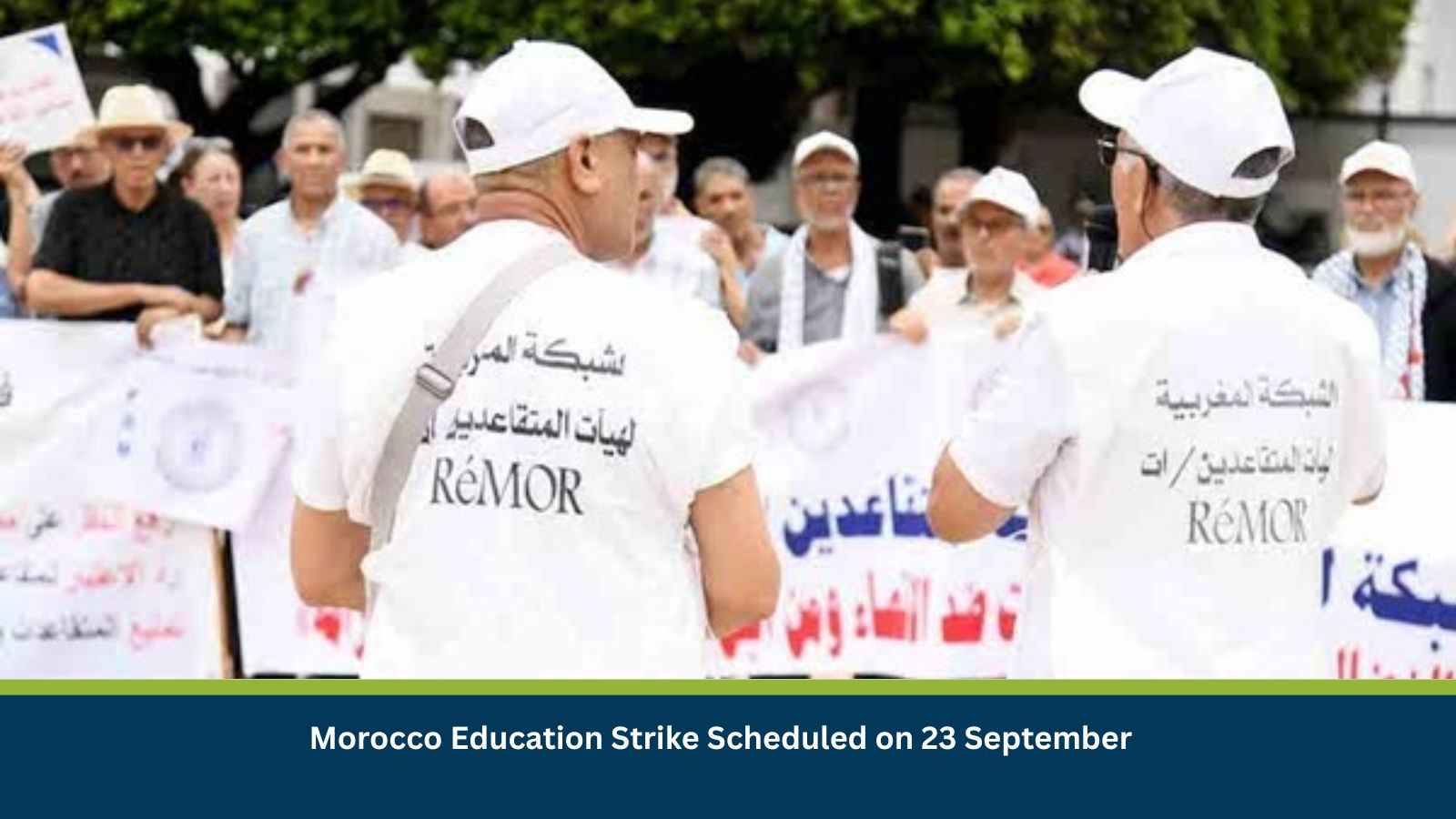What is Risk Analysis in the Context of Civil Disturbance Events
A civil disturbance event involves public unrest, such as protests, strikes, or riots, which can disrupt daily life and pose risks to public safety and business operations. In the context of the Moroccan education sector strike, a risk analysis is crucial for evaluating the potential for localized disruption, its impact on travel and services, and the threat level to personnel and assets. This type of event is historically relevant in Morocco, where similar education-related strikes have occurred in the past, often targeting government ministries and urban centers in Rabat to pressure policymakers.
Executive Summary
- Date of Incident: 23 September 2025
- Location: Morocco, with a focus on Rabat
- Risk Category: Civil Disturbance
- Severity Score: 3/5
- Confidence Level: 85%
The nationwide strike by the National Union of Education on 23 September 2025 is anticipated to cause significant disruption within the education sector. Based on historical precedent, the strike is expected to be a short-to-medium duration event, primarily affecting schools and universities. Localized traffic congestion is highly probable in urban centers, particularly around government buildings in Rabat. The risk of violence, serious injuries, or fatalities is considered very low, aligning with a general pattern of peaceful civil disobedience. The overall severity is assessed as moderate, reflecting substantial, contained disruption rather than widespread societal instability.
Current Updates
The National Union of Education has scheduled a nationwide strike action in Morocco for Tuesday, 23 September 2025. This action is expected to disrupt educational services across the country. Further details regarding specific protest locations or demands have not been broadly publicized beyond the strike announcement itself.
Known Hotspots and Sensitive Areas
The most significant hotspots are concentrated in the capital city, Rabat. The areas around the Ministry of National Education and the Parliament of Morocco are categorized as High-Impact zones due to their history as consistent focal points for education-related protests. These are the primary sites where localized road closures and traffic disruptions are most likely to occur. Other urban centers, such as Casablanca and Marrakech, are considered Medium-Impact zones, as protests may spread there, though typically on a smaller scale. There are no notable seasonal patterns for this specific type of risk, but protests often coincide with the start of the academic year or major legislative discussions.
Impact on Transportation and Services
The strike is expected to have a notable impact on travel and services, although it will be highly localized. Roads, rail, and air travel are unlikely to be affected on a national scale. However, within Rabat, localized traffic congestion and diversions are highly probable on key arteries, such as Avenue Mohammed V, especially during the hours of any protest activity. This will cause minor disruptions to business operations and employee commutes. The strike’s primary effect will be on the education system, leading to widespread school closures and a potential for temporary absenteeism among employees with childcare responsibilities. Supply chains and logistics are expected to be minimally affected, with only negligible disruptions possible if urban arteries are temporarily blocked.
Recommended Actions
- Implement flexible work policies for all employees who may be affected by school closures. Distribute a comprehensive internal advisory detailing potential protest hotspots and advising on alternative commute routes.
- Department heads should activate operational contingency plans to ensure business continuity in the event of staff shortages. This includes cross-training and prioritizing essential tasks.
- For real-time updates and localized alerts, employees should monitor official government social media channels and local news sources. Local police and traffic authorities can provide immediate information on road closures and detours.
6. Emergency Contacts
- Police: 190
- Fire Department: 150
- Ambulance: 150
- National Emergency: 190 or 150
- Official Channels:
Multi-Dimensional Impact
The nationwide strike scheduled for Tuesday, 23 September 2025, primarily affecting the education sector, is unlikely to have a direct significant impact on the Crans Montana Forum (October 1-4, Rabat) or the Seventh Jazz Festival (September 25-27, Rabat), assuming the strike remains a single-day event as initially announced.
Final Thoughts
The trajectory of this education strike is highly predictable, with a strong historical basis suggesting a short, contained event. The primary watchpoints will be the initial turnout on 23 September and any subsequent declarations from the National Union of Education regarding extended action. The key takeaway for businesses and policymakers is the need for proactive preparedness and early warning systems. Implementing flexible policies and a robust communication strategy can significantly mitigate the risk of disruption. Leveraging tools like MitKat’s Datasurfr would provide real-time updates and situational awareness to support business continuity planning.Stay ahead of operational risks with real-time alerts, scenario modeling, and expert advisories with datasurfr’s Predict. Start your 14-day free trial of Datasurfr’s Risk Intelligence Platform today.






